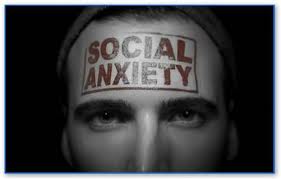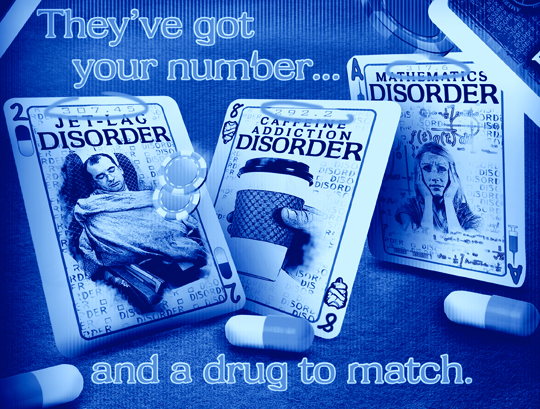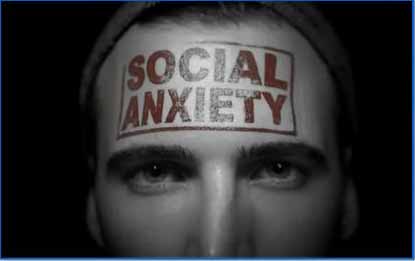YOU’VE got to feel sorry for the American Psychiatric Association, at least for a moment. Its members proposed a change to the definition of autism in the fifth edition of their Diagnostic and Statistical Manual of Mental Disorders, one that would eliminate the separate category of Asperger syndrome in 2013. And the next thing they knew, a prominent psychiatrist was quoted in a front-page article in this paper saying the result would be fewer diagnoses, which would mean fewer troubled children eligible for services like special education and disability payments.
Then, just a few days later, another front-pager featured a pair of equally prominent experts explaining their smackdown of the A.P.A.’s proposal to eliminate the “bereavement exclusion” — the two months granted the grieving before their mourning can be classified as “major” depression. This time, the problem was that the move would raise the numbers of people with the diagnosis, increasing health care costs and the use of already pervasive mind-altering drugs, as well as pathologizing a normal life experience.
Fewer patients, more patients: the A.P.A. just can’t win. Someone is always mad at it for its diagnostic manual.




